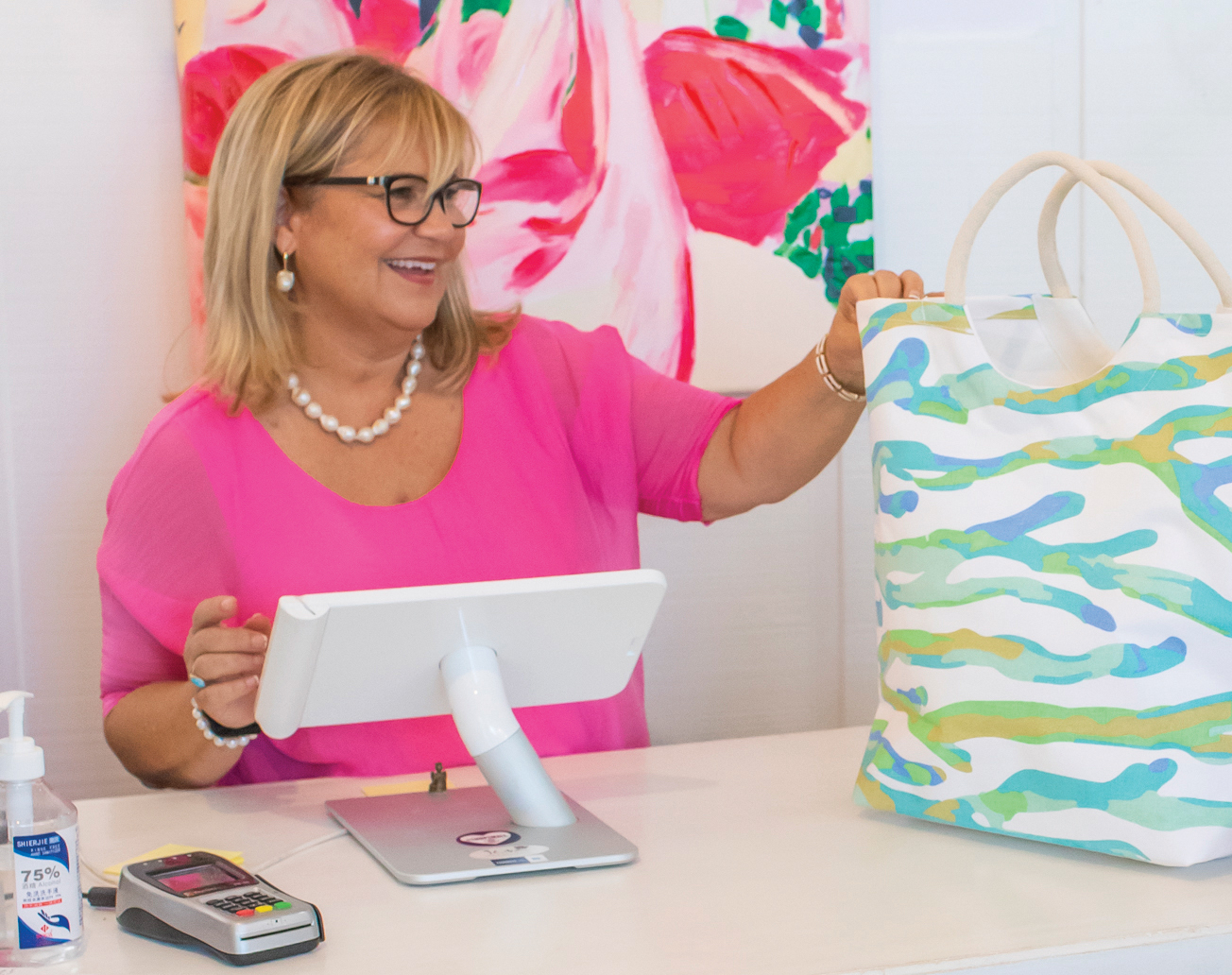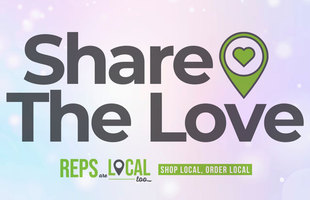
Retail sales grew sharply in January as government stimulus checks provided a boost and momentum from 2020’s record holiday season carried over into the new year, according to the National Retail Federation.
“January’s retail sales numbers reflect a very strong start for consumers and retailers as we look ahead to a critical year curbing the global pandemic and strengthening our economic recovery,” NRF President and CEO Matthew Shay says. “Consumers and the economy as a whole remain in good shape despite unprecedented adversity over the past year, and congressional action has been a lifeline for households and businesses disproportionately impacted by the pandemic. We’ve convened retail leaders and communicated directly with the White House that it is critically important for the government to work with retailers to get the vaccine into communities and administered as quickly and as safely as possible.”
“We expected retail spending to ramp up in January thanks to the latest round of stimulus checks and better COVID trends, and it clearly did,” NRF Chief Economist Jack Kleinhenz says. “There was none of the falloff in spending that we often find post-holiday and the increase was even better than expected. There is plenty of purchasing power available for most consumers, and the pickup in shopping has even been reflected in the number of hours worked by retail employees. Confidence is building thanks to the availability of COVID-19 vaccines and states and local governments are beginning to remove restrictions on economic activity. Going forward, I expect consumer spending to build on this momentum.”
The U.S. Census Bureau reported overall retail sales in January were up 5.3 percent seasonally adjusted from December and up 7.4 percent year-over-year. That compares with a monthly drop of 1 percent but a yearly gain of 2.5 percent in December. Despite month-over-month declines in the last quarter of 2020, sales have grown year-over-year every month since June, according to Census data.
NRF’s calculation of retail sales – which excludes automobile dealers, gasoline stations and restaurants to focus on core retail – showed January was up 5.9 percent seasonally adjusted from December and up 10.7 percent unadjusted year-over-year. That compared with a decrease of 2.2 percent month-over-month and an increase of 7.9 percent year-over-year in December. NRF’s numbers were up 8.7 percent unadjusted year-over-year on a three-month moving average.
January’s gains build on momentum seen during the November-December holiday season, when retail sales as calculated by NRF grew 8 percent year-over-year to a record $787.1 billion even after being revised down from a preliminary estimate of $789.4 billion. For the full year, 2020 was up 6.7 percent over 2019.
January saw month-over-month increases across the board and year-over-year gains in seven out of nine retail categories, led by electronics and appliance stores on a monthly basis and online sales on a yearly basis. Specifics from key retail sectors include:
- Online and other non-store sales were up 11 percent month-over-month seasonally adjusted and up 22.1 percent unadjusted year-over-year.
- Sporting goods stores were up 8 percent month-over-month seasonally adjusted and up 22 percent unadjusted year-over-year.
- Building materials and garden supply stores were up 4.6 percent month-over-month seasonally adjusted and up 13.7 percent unadjusted year-over-year.
- Furniture and home furnishings stores were up 12 percent month-over-month seasonally adjusted and up 9.3 percent unadjusted year-over-year.
- General merchandise stores were up 5.5 percent month-over-month seasonally adjusted and up 7.8 percent unadjusted year-over-year.
- Health and personal care stores were up 1.3 percent month-over-month seasonally adjusted and up 3.3 percent unadjusted year-over-year.
- Clothing and clothing accessory stores were up 5 percent month-over-month seasonally adjusted but down 11.3 percent unadjusted year-over-year.


